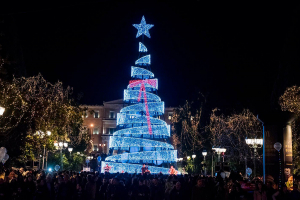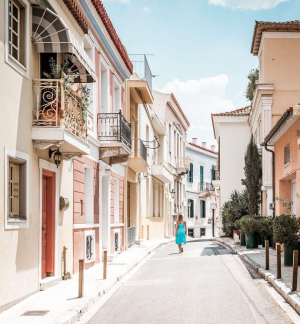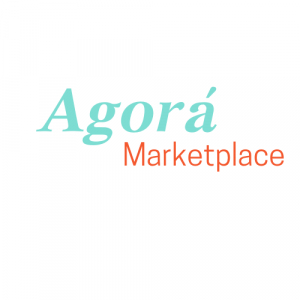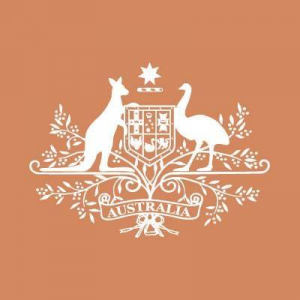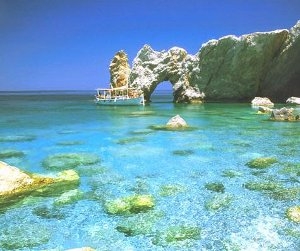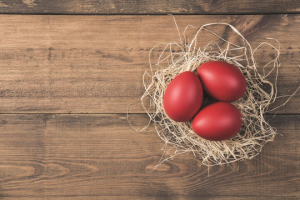Greece, a country brimming with history, has a cultural tapestry woven with unique threads that make it distinctly Greek. From the azure waters of the Aegean to the lively streets of Athens, there's a charm and character that are unparalleled.
So, what are we waiting for? Let's delve into the quirks and traditions that define the Greek way of life—the things that make perfect sense only in this land of gods, olives, and feta!
1. Kefi (Κέφι):
Kefi is one of those the untranslatable Greek words and it means the unique sense of joy, passion, and zest for life that is deeply embedded in Greek culture. It's that magical feeling you get when dancing to bouzouki music or enjoying a lively gathering with friends and family.
2. Coffee Culture:
In Greece, coffee is not just a drink; it's a social ritual. From the strong and small
Greek coffee to the leisurely frappé, coffee breaks are sacred, fostering connection and conversation.
3. Philoxenia (Φιλοξενία):
Philoxenia, or the love of strangers, is a cultural cornerstone. Greeks take immense pride in their hospitality, welcoming guests with open arms and treating them like family.
4. Blue and White Everywhere:
The classic combination of blue and white is not just a color scheme in Greece; it's an identity. From the flag to the iconic blue-domed churches of Santorini, these colors symbolize the beauty of the Greek landscape.
5. Worry Beads (Κομπολόι):
The constant clicking of worry beads is a common sight in Greece. Used as a stress-reliever or a thoughtful accessory, the komboloi reflects the laid-back attitude of the Greeks.
6. Siesta Time:
The cherished afternoon siesta is more than just a nap; it's a way of life. The midday break allows for a pause in the hustle and bustle, ensuring that work doesn't overshadow the importance of relaxation.
7. Feta on Everything:
Feta cheese is a Greek kitchen staple, finding its way onto salads, pastries, and even desserts. Its crumbly texture and tangy taste are a testament to the versatility of Greek cuisine.
8. Waving with an Open Palm:
In Greece, waving with an open palm is a sign of friendship and goodwill. It's a simple yet meaningful gesture that conveys warmth and sincerity.
9. Telling Time in "Greek Time":
"Greek time" is a relaxed approach to punctuality. It's not uncommon for social events to start later than planned, as Greeks appreciate the importance of savoring the moment.
10. Church Bells Symphony:
The sound of church bells ringing is a constant background melody in Greece. It marks religious ceremonies, weddings, and funerals, creating a timeless connection to the divine.
11. Traffic Laws as Mere Suggestions:
Navigating Greek roads requires a blend of skill and patience, as traffic laws sometimes seem more like friendly suggestions. The chaos somehow results in a unique harmony.
12. Naming Days, Not Just Birthdays:
In addition to celebrating birthdays, Greeks also commemorate
name days, feast days of saints associated with their names. It adds an extra layer of festivity to the calendar.


